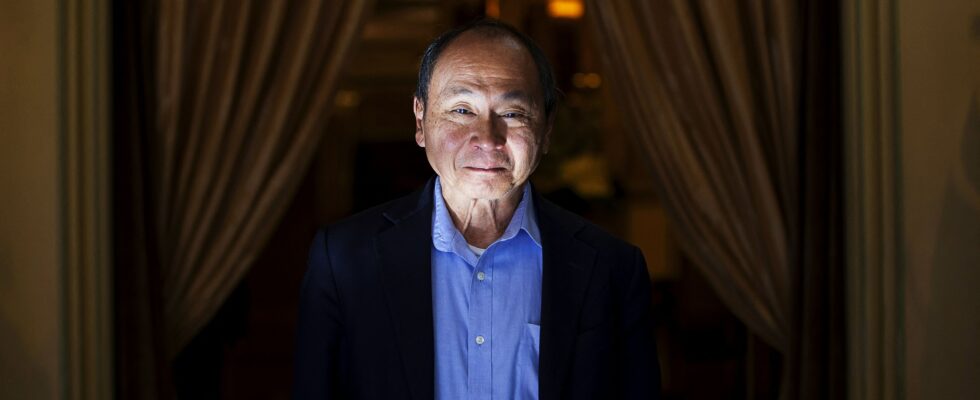In the post-Cold War era, three American academics rose to fame by daring to predict the future of geopolitics. With The end of the story (1992), Francis Fukuyama heralded the advent of liberal democracy as the dominant ideology and “final form of all human government”. In The Clash of Civilizations (1996), his former professor Samuel Huntington assured that future conflicts would be played out on the “fault lines” between major irreconcilable civilizations (Western, Islamic, Confucian, etc.). Finally, in The Tragedy of Great Power Politics (2001), John Mearsheimer, champion of the realist school of international relations, described a multipolar world invariably plagued by conflicts between great powers for security reasons.
In the euphoria of the 1990s, Fukuyama’s thesis seemed to prevail. But September 11, 2001, then the rise of China and the resurgence of Russia as rival powers to the United States marked the revenge of Huntington and Mearsheimer, while “the end of history” became a mocked cliche. And what if Huntington (who died in 2008) had explicitly ruled out a conflict between Ukraine and Russia. Or if Mearsheimer assures today that it is the expansion of NATO which would be at the origin of this war…
Often misread, the “end of history” is however experiencing a comeback with the setbacks of authoritarian regimes. As Francis Fukuyama explains in the great interview he gave us, Vladimir Putin’s Russia and Xi Jinping’s China do not offer a coherent alternative ideology.
Above all, between the failed invasion of Ukraine and the “zero-Covid” fiasco, these two presumed effective states have, in recent months, demonstrated all the irrationality of a power concentrated in the hands of a single person. . The Stanford University professor, who publishes today Liberalism, Headwinds (ed. Saint-Simon), thus maintains its creed: “Liberalism is the worst form of government, with the exception of all the others.”
